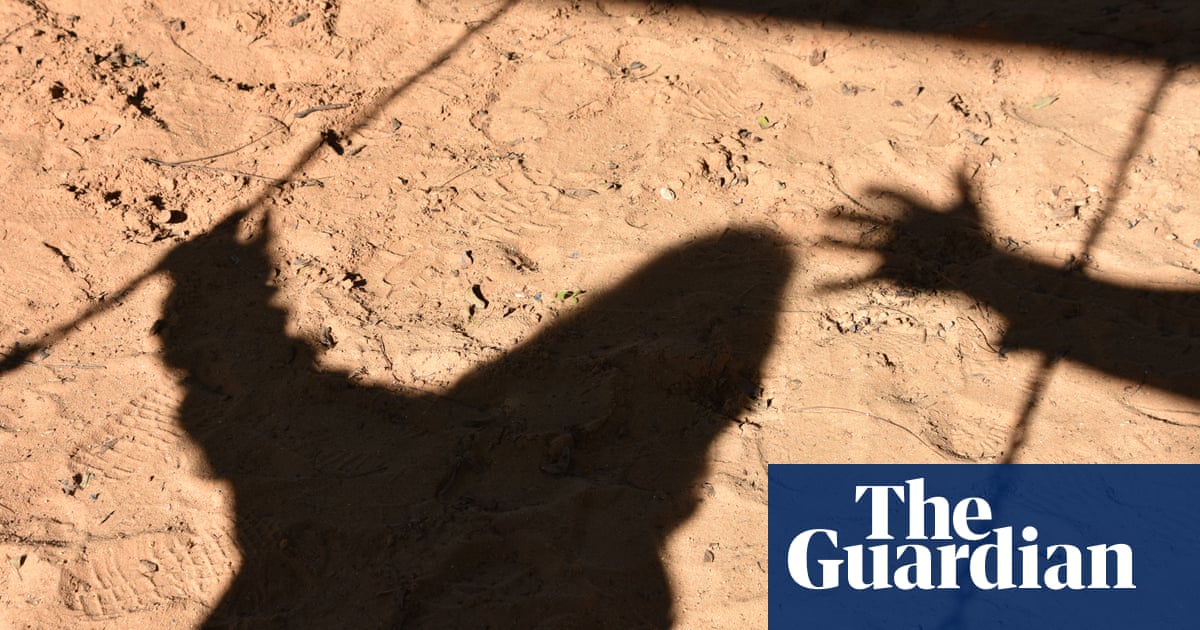
An independent inquiry has found that sport can be used as a cover by the perpetrators of child sexual abuse.
The Independent Inquiry into Child Sexual Abuse has published new research and it has found that, in some cases, coaches and instructors have exploited children’s vulnerabilities and the physical contact sport enables in order to groom and abuse them.
Of the 3,939 survivors of sexual abuse who came forward to the Truth Project, as part of the inquiry, and shared an experience between June 2016 and March 2020, 64 described child sexual abuse that took place in a sporting environment. Fifty-eight (91%) of those 64 participants reported being sexually abused by a sporting coach or volunteer in a sports organisation.
All perpetrators spoken about by this group were adult males, while sports clubs were most frequently reported as the location of the abuse (39 out of the 64 cases). In building the report the Truth Project analysed nine of the 64 cases in greater detail to include a range of characteristics and circumstances, such as the time period, victim age and victim sex.
This is the fourth study released by the Truth Project with the first three focusing on abuses suffered by children in religious institutions, children’s homes and residential care, and custodial institutions. “In contrast to the cases of child sexual abuse in sport involving high-performing or elite athletes that have garnered media attention in recent years, the experiences shared with the inquiry by participants through the Truth Project reflect more diversity and more ‘grassroots’ contexts,” it explains.
The report found that there are many factors associated with the enabling of abuse that also feature in other areas of life (perpetrators approaching parents outside sports to look after children unsupervised, arranging overnight stays, oversight of adults working in sport) but reported that sport provides a more conducive environment for physical contact, with the primary perpetrators being coaches, both of clubs and privately, and other adults working in sporting facilities.
Survivors told of being subjected to a wide range of sexually abusive behaviour, with some describing the abuse as being perpetrated under the guise of sporting activity, for example while swimming or in the foam pit in gymnastics.
“You’d be on any sort of residential trip, they’d be running in showers, taking pictures of the children naked, whilst they were having a shower. And it was all done out of like a laugh and joke,” said one participant.
“He would take us swimming, he would always try and perform, or do stuff under the water, acting like he’s teaching me to swim,” revealed another.
Others described abuse taking place in the homes and cars of their abusers and their own homes. The report also found that grooming was common; as well as trips away and gifts, participants describe perpetrators trying to normalise certain behaviours through overly physical contact, sexualised comments and text messages or being shown pornographic material.
“It was step by step and grooming,” describes one victim. “So there wasn’t the immediate transition where you think: ‘Oh, my God, that’s completely abnormal.’ He sort of built it. But as a kid, you’re not taught what’s abnormal.”
Dr Sophia King, principal researcher at the inquiry added: “It’s clear that not having anyone to disclose to was a significant obstacle to children reporting abuse, as were feelings of shame, guilt and a fear of not being believed.”
The wider analysis of Truth Project accounts is ongoing and a full report will be published with a bigger sample size covering all contexts of abuse at the end of the inquiry, which will be making recommendations of the changes needed to ensure that institutions do more to protect children from sexual abuse.
Survivors of child sexual abuse can share their experiences with the Inquiry’s Truth Project in writing or over the phone. Visit www.truthproject.org.uk for more information or email share@iicsa.org.uk.












